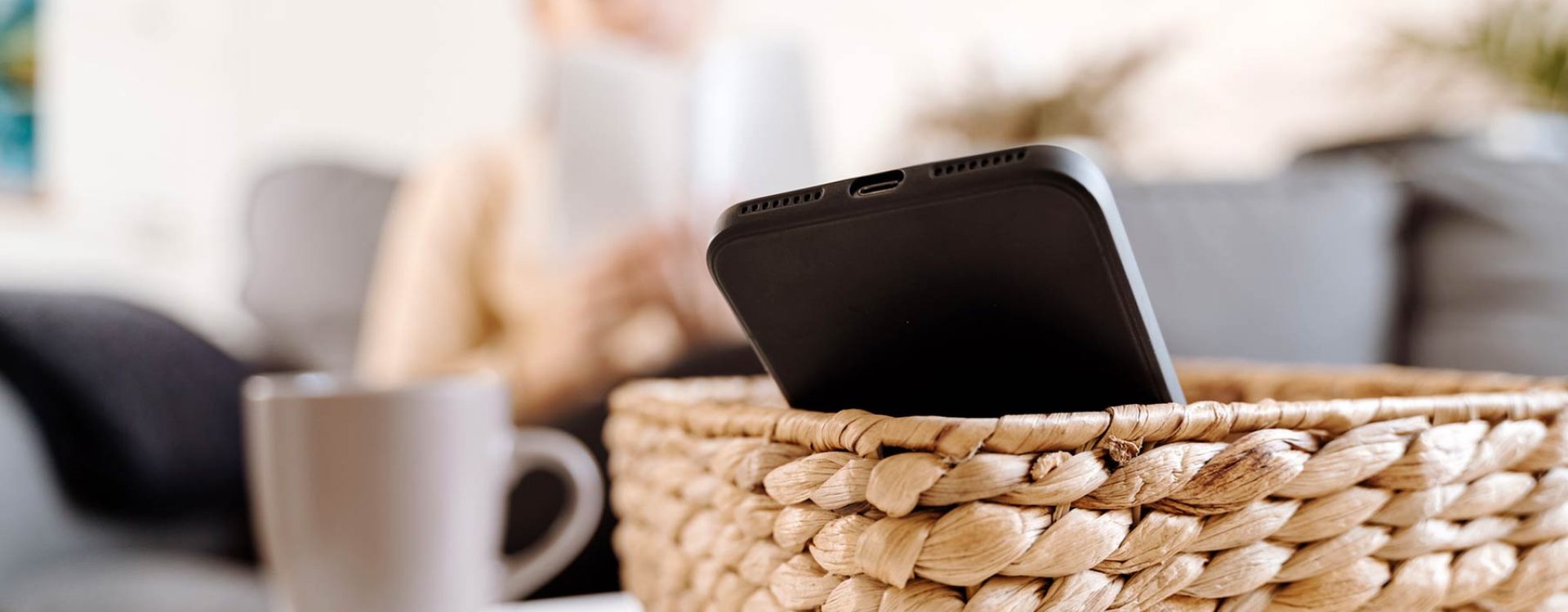While technology has some excellent benefits, too much of it can negatively affect your physical and mental health. Here are some ways to find more balance in your life and how to cut back on screen time with a digital detox.
How Excessive Screen Time can Affect Your Health
Spending too much time on a digital device—whether it’s your smartphone, tablet, TV, or computer—can adversely affect your physical and mental well-being.
Mental health. Spending excessive time on the internet and social media can lead to sensory overload, decreased attention span and feelings of comparison. All of this stress can cause symptoms like:
- Negative self-image and self-esteem
- Anxiety
- Worsened ADHD symptoms
- Decreased contentment with your life
- Fear of missing out (FOMO)
- Depression (research shows that heavy internet users are 2.5 times more likely to be depressed than their peers who use the internet less often)
Workplace issues. While you might think you’re multitasking, the truth is most people can’t multitask without a decrease in performance. Constantly checking your emails, texts and social media accounts at work can negatively affect your time management, work ethic and productivity.
Physical health. Excessive screen time is associated with poor eating habits, decreased exercise and increased weight gain. If you have little time for prepping healthy meals or exercising, ask yourself: How much time am I spending on my phone or the internet? Your health and well-being are much more important than constant connectivity.
Sleep. Using a digital device within an hour of bedtime can make it harder to fall asleep, stay asleep and get quality sleep. Poor sleep quality can cause a host of health issues, including
- Anxiety
- Depression
- Weight gain
- Memory problems
- Higher risk of injury
- Premature aging
- Increased risk of diabetes, obesity, heart problems and stroke
Signs You Spend too Much Time on Your Phone
Some warning signs that you’re spending too much time on your device are if you:
- Check in every few minutes and get stressed out when you can’t find your phone.
- Feel you’re missing out if you don’t check your phone or social media apps.
- Obsess over how many likes, shares and comments you get on social media.
- Have trouble being present with your loved ones and find yourself checking your device during conversations or meal times.
- Have a hard time focusing on a task for an extended period of time without checking your phone, email or social media.
- Stay up late or wake up early to spend time online.
- Feel angry, stressed, anxious or depressed after spending time online.
How to Reduce Screen Time
We can all benefit from less screen time. Here are some ways to cut back:
Do a digital detox. Start small: Silence and put away your device for an hour each week. Eventually, you could set a goal to fast from a specific social media platform or device for a whole day or week.
Set social media boundaries. Don’t keep social media apps on your phone. Set a timer for 10 minutes, check in and then delete the app. You could also consider detoxing from your most-used app for a weekend, week or month.
Turn off devices before bed. Set an alarm to remind you to turn off your TV, computer or smartphone an hour before bedtime.
Turn off notifications. Check your settings and disable alerts for social media, news, texts and calls.
Set aside dedicated time to check in. Perhaps you can dedicate 30 minutes every evening to respond to texts, personal calls and emails.
Use a focus-boosting app. There are many apps that can create customized blocklists on your smartphone or computer to help keep you focused and undistracted.
While making changes can feel uncomfortable at first, cutting back on screen time can ultimately make you happier, healthier and less stressed. And that’s worth changing your habits.
If you struggle with anxiety, depression, sleep problems, internet addiction or other health concerns, talk to your primary care provider. Click here to find a provider near you.




